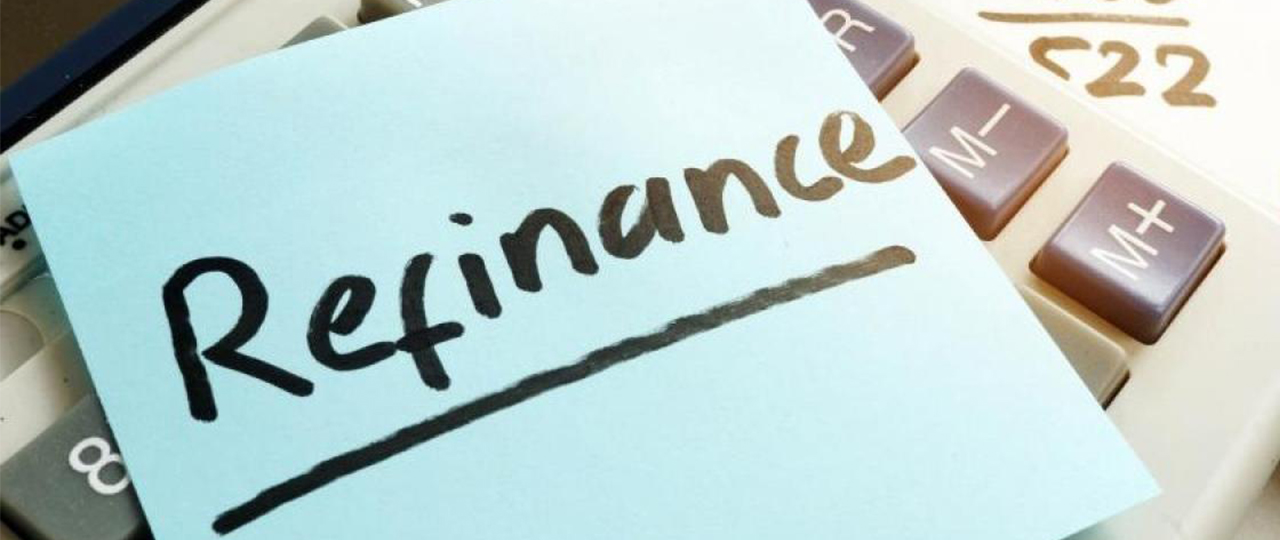

Posted: 2019-04-22 | Author: Richard Simon
Refinancing a home mortgage is essentially trading your current home loan for a brand new one, and hopefully one that has more advantageous terms and conditions. The new loan could have a lower interest rate, a different length, a new loan balance, or a combination of these. You may be able to refinance your mortgage with the lender you are currently with, or with an entirely different lender. If you are considering refinancing, it is best to work with a lending specialist who has access to a wide variety of options, so you can find the one that is best suited for your specific circumstances.

Reasons to Refinance: There are several reasons you may want to consider refinancing your home mortgage. The most common include lowering your monthly payments and cashing out some of the equity in your home.
There are two general types of refinancing options that most borrowers choose:
Rate and Term Refinance: Homeowners often choose a rate and term refinance to get a lower interest rate, get into a better mortgage product, change the length of loan, or get rid of private mortgage insurance (PMI). The end goal is usually to obtain a lower monthly payment and/or to lower the overall cost of the loan. With this option, the loan amount remains the same, but the terms and conditions of the mortgage are changed in the borrower’s favor.
Here is a more in-depth look at some of the advantages of a rate and term refinance:
Cash-Out Refinance: The second major reason many homeowners want to refinance their mortgage is to cash out some of the equity in their home. Maybe you want to make some home improvements, pay for your child’s college education, pay off your own student loans, or you have another major expense. Whatever your financial need, one of the best places to borrow from is the equity in your home. Mortgage interest is tax deductible, and you will almost always get a much better interest rate from a mortgage refinance them from an unsecured loan.
A cash out refinance will add to your mortgage balance, so there are some things to consider before choosing this option. For one thing, if borrowing the extra cash will bring you above 80% loan-to-value (LTV), you may have to take out private mortgage insurance, which will add to your monthly payment. There are also closing costs to consider, which will also add to the value of your loan. On the other hand, if you have sufficient equity in your home and the current mortgage rate is significantly lower than what you are currently at, you may be able to do a cash-out refinance with only a nominal change in your overall monthly payment.
Speak with a Local Lending Expert to Discuss Refinance Options: There are many potential benefits of refinancing your current home mortgage, but it is not for everyone. Before going this route, it is best to sit down with a local lending specialist to discuss your specific circumstances. A local specialist can take a more in-depth look at your current situation and what you are trying to accomplish, so they can ensure that you are doing what is best financially for you and your family.

